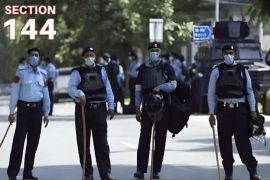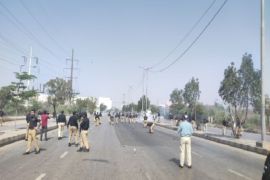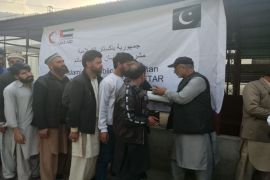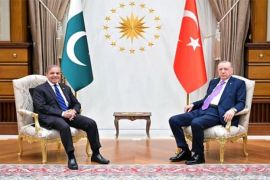Sindh Governor Imran Ismail on Monday expressed anger over the "continued unannounced load shedding" in the metropolis and directed the K-Electric CEO Moonis Alvi to immediately resolve the issue.
The governor had summoned the chief of KE — the utility company responsible for power supply in the city — following reports of increasing outages in the city. During the meeting, Ismail directed the KE CEO to "personally supervise" matters related to load shedding in Karachi and "immediately resolve the "complaints of citizens, a statement issued by the Governor's House said.
During the meeting, Ismail also phoned Federal Minister for Energy Hammad Azhar and stressed the need to improve the load shedding situation in the metropolis and ensure better functioning of the K-Electric.
Azhar issued directions to the KE CEO during the call as well, the statement said.
Earlier this month, several areas in Karachi faced prolonged power outages after a high-tension transmission line of 220KV tripped, affecting the supply of electricity to the associated grids.
The power supply was restored by the evening.
Citizens from different areas of the metropolis have been complaining of several hours of load shedding every day as the weather remains hot and humid.
KE has around 2.5 million consumers and hundreds of thousands of them face load shedding on a daily basis. But a spokesperson for KE had earlier told Dawn that the company's load shedding policy was a "well-thought-out and considerate strategy for the citizens of Karachi".
He said: "K-Electric’s Segmented Load Shed (SLS) policy divides feeders based on their loss profile, which is determined by the T&D [transmission and distribution] losses and recovery ratios in any particular area."
In February, the National Electric Power Regulatory Authority (Nepra) had warned KE of "consequences" if people of Karachi suffered loadshedding in summer.






